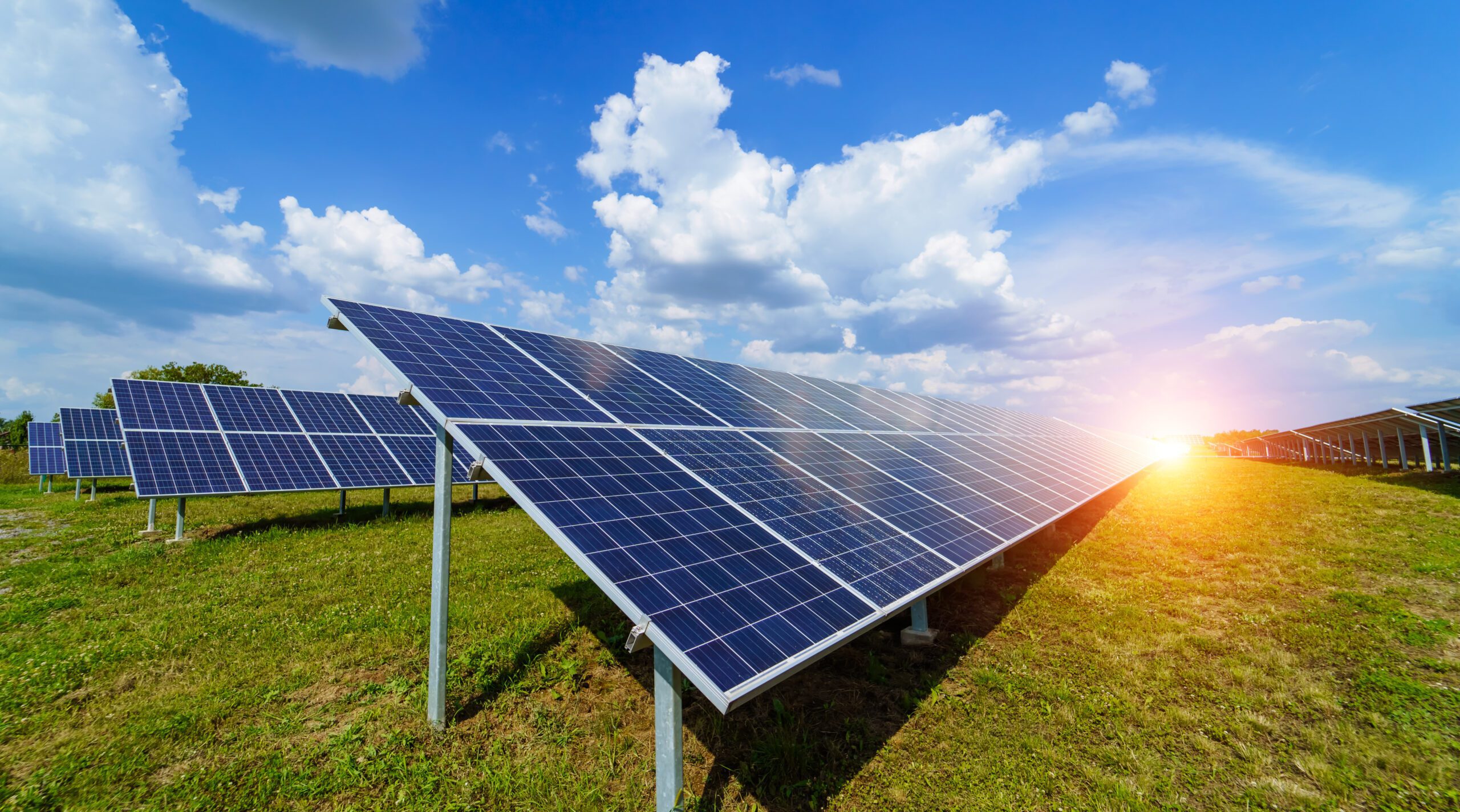Three local residents gave a quietly inspiring message at the January Energy Alton public meeting. It is possible to live a low carbon life that is enjoyable and fulfilling. Their talks at an Energy Alton event set the room buzzing.
Firstly, member Jenny Griffiths gave an outline of how much we need to reduce our carbon footprint to avoid global disaster. The average footprint, per person, in the UK is estimated to be 11 tonnes per year. China’s is 3, the USA 20. The carbon footprint includes five groups of energy use. These are: energy in the home, driving the car, flying, eating food, especially meat and buying goods and services. Our three speakers averaged just 1 to 2 tonnes each, except ‘buying goods and services’ which is difficult to measure. They meet the target to which we can all aspire to avert global disaster. It was clear they each enjoyed a relaxing way of life, warm cosy homes and good health from regular activity.

The audience quickly gathered round to discuss the issues involved in making such changes. High on the list was transport. Could we reduce flights, share cars locally, walk and cycle more? All three speakers have well-insulated homes, some with natural materials. They heat their homes using mainly local wood. It was recognised that this is not an option for everyone in the UK, but quite possible locally. Surrey and Hampshire are heavily wooded compared to the rest of England, with local suppliers of logs and pellets. Many members of the audience, like the speakers, buy their electricity from 100% renewable companies, such as Good Energy or Ecotricity.
This left ‘buying goods’ and ‘eating meat’. One popular idea was to think ‘second-hand first’. Some people admitted to feeling embarrassed by this but, like the second-hand car market, it is an easy option now with on-line sites and numerous charity shops, along with recycling, refurbishing and repairing goods. The magazine ‘Ethical Consumerism’ was recommended for those who wanted to find out more. Some of the audience were surprised that eating meat makes up 20% of our carbon foot print. The three speakers were able to point to more information from the Vegan Society and Vegetarian Society.
A final look at how to influence local and national policies concluded a stirring evening.

